
Credible decarbonisation strategy will boost Vietnam’s manufacturing sector
Renewable energy sources are a “conduit for sustainable investments,” said IEEFA.
The future of Vietnam’s manufacturing sector will depend on the country’s renewable energy strategy as its economy has “unparalleled exposure” to multinational companies who are joining the call for carbon neutrality, according to the International for Energy Economics and Financial Analysis (IEEFA).
Multinational companies who are responsible for up to $150b of the countries have made pledges on carbon neutrality and decarbonisation with varying timelines said Energy Finance Analyst Thu Vu in her report.
“These brands’ journey toward sustainability progress is one in which Vietnam cannot afford to ignore or miss out on,” she said.
“Solar and wind power is no longer a sole matter of incremental power supply, but also an insurance policy for jobs, hard currency earnings, economic growth, and a conduit for sustainable investments,” she added.
Vu said the revenue stream of Vietnam, currently the largest exporter of goods in developing Southeast Asia, for this decade will depend on its “ability to plug factories to a low-carbon grid.”
Corporate adoption of clean energy can be observed in the rapid growth of distributed power solutions such as commercial and industrial (C&I) rooftop solar systems which will help ease demand, grid congestions, and relieve the pressure on state utility Electricity of Vietnam to develop and fund new capacity, she said.
The C&I rooftop solar segment has also been driving capacity quietly this year amidst a temporary policy freeze on utility-scale projects as developers and their financiers tap into Vietnam’s “largely under-served and growing industrial space.”
Eco-industrial parks are also rising in the country as owners explore clean energy solutions to attract environmental, social and governance-conscious tenants.
The government, meanwhile, is undertaking regulatory and technical preparatory work for an offsite corporate renewable energy procurement scheme known as the Direct Power Purchase Agreement, which is expected to be deployed from 2023 to 2024 with an initial cap of one gigawatt (GW).
The scheme, which will relieve EVN of tariff pressures according to Vu, is highly anticipated by energy-intensive corporate consumers who have insufficient access to adequate onsite renewable resources.
She also said that the corporate renewable procurement market in the Asia Pacific region is increasing, led by India which currently has a 5.2GW capacity.
“Quickly deploying and scaling up the program could give Vietnam stronger positioning, given the abundant demand and natural resources at hand,” Vu said.
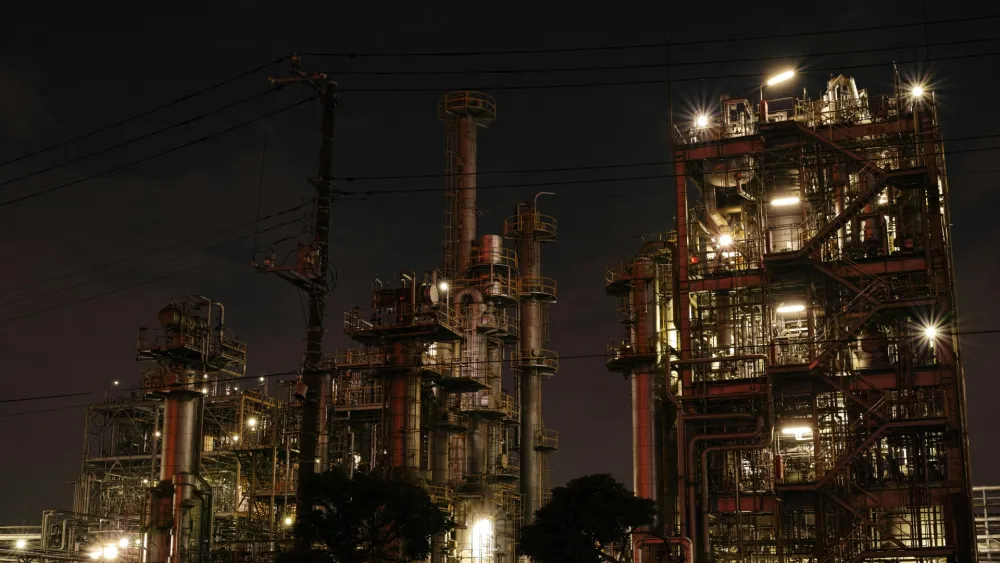
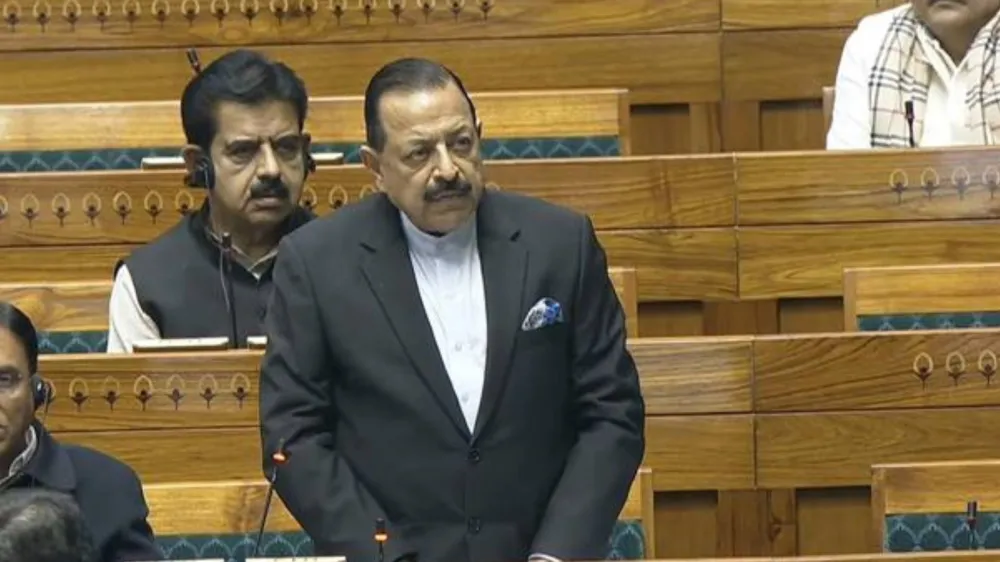
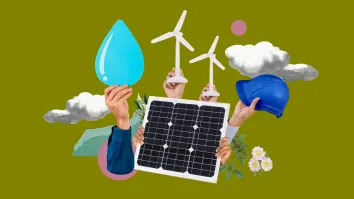
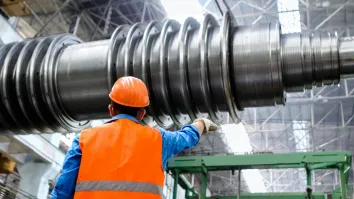

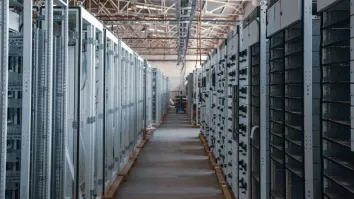













 Advertise
Advertise







